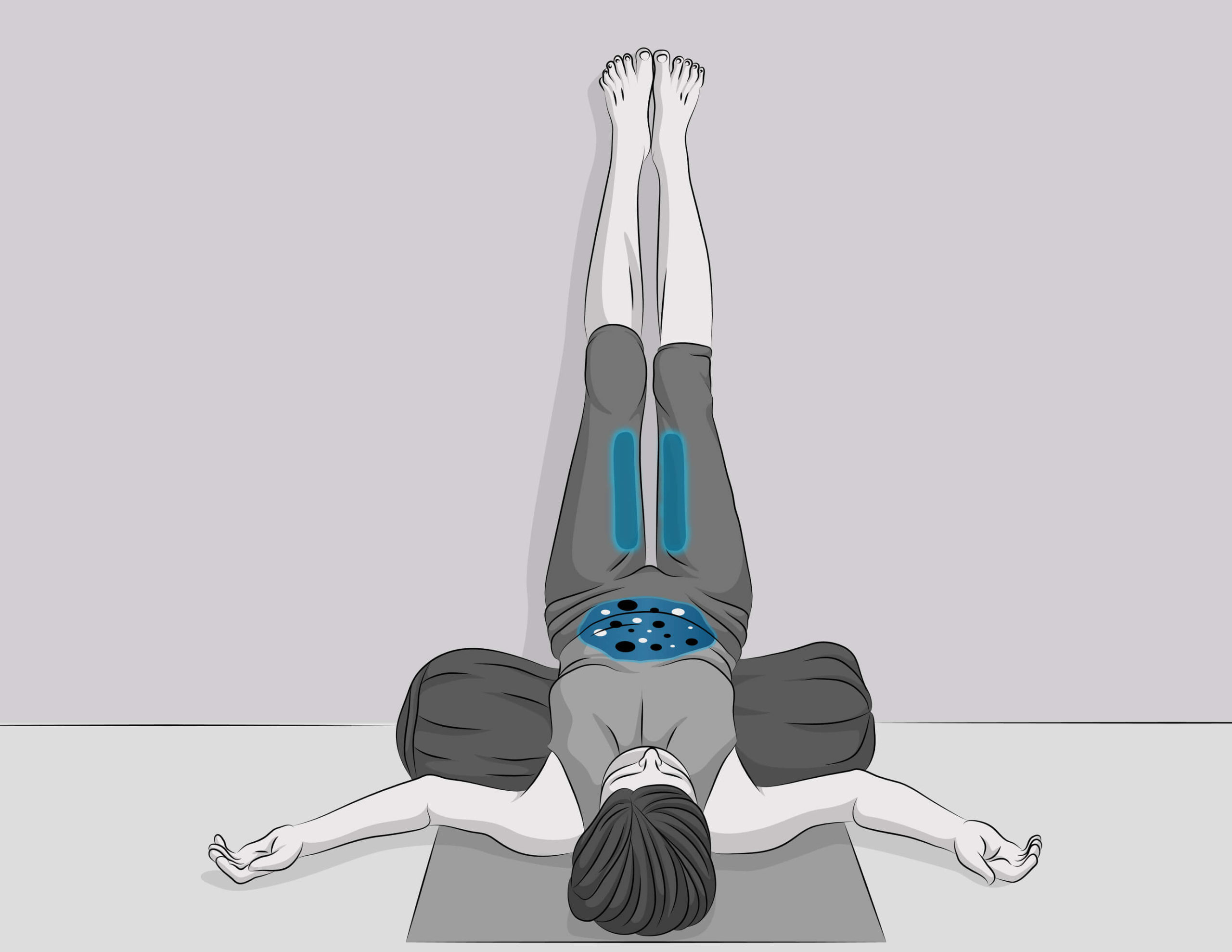Understanding the Significance of Hydration
Proper hydration is crucial for maintaining optimal health and bodily function. Each system in the human body relies on water to operate effectively, from regulating body temperature to removing waste and aiding in digestion. Water is indeed the lifeblood of our cellular landscape, facilitating countless physiological reactions and processes.
How Much Water Do You Really Need?
One of the most common questions regarding hydration is, How much water should I be drinking every day? A general guideline is the 8×8 rule, which suggests drinking eight 8-ounce glasses of water a day, totaling about 2 liters or half a gallon. However, individual hydration needs can vary significantly based on various factors including age, sex, weight, health status, climate, and physical activity levels.
The Role of Individual Factors
Differences in body composition and daily activity alter the amount of water required for each person. For example, athletes or those engaged in heavy physical labor may require significantly more water than someone with a sedentary lifestyle. Equally, individuals living in hot climates or at high altitudes may need to increase their water intake to counteract the effects of their environment.
Special Considerations for Different Populations
Pregnant or breastfeeding women will have increased fluid needs to support the growth and nourishment of their baby. The elderly, on the other hand, might have a diminished sense of thirst and need to be more mindful of their water intake. People with certain medical conditions or on specific medications may also require adjustments to their hydration strategies.
Recognizing Hydration Cues
One of the simplest methods to gauge your hydration status is to be attentive to your body’s cues. Thirst is a clear signal that your body requires more fluids, although waiting to drink until you are thirsty might not be the best approach for maintaining optimal hydration. Urine color provides another useful indicator; light to clear urine typically reflects adequate hydration, whereas dark-colored urine often signals dehydration.
The Importance of Consistency
Rather than drinking large volumes of water at once, it’s more beneficial to consume water consistently throughout the day. Carrying a reusable water bottle can help you integrate drinking water into your daily routine and remind you to stay hydrated. Additionally, incorporating foods with high water content such as fruits and vegetables into your diet can contribute to overall fluid intake.
Balance and Overhydration
While under-hydration is a common concern, it’s also possible to drink too much water, a condition known as overhydration or hyponatremia. This can cause the sodium levels in your blood to become too low, which can be dangerous. Moderation and listening to your body’s needs are key.
The Bottom Line
Ultimately, the amount of water you need relies on a personalized understanding of your body and life circumstances. Staying attuned to your hydration cues and being mindful of your lifestyle choices will guide you towards an appropriate water intake level. Remember, water is essential for life, and investing in good hydration habits is a cornerstone of maintaining health and well-being.




